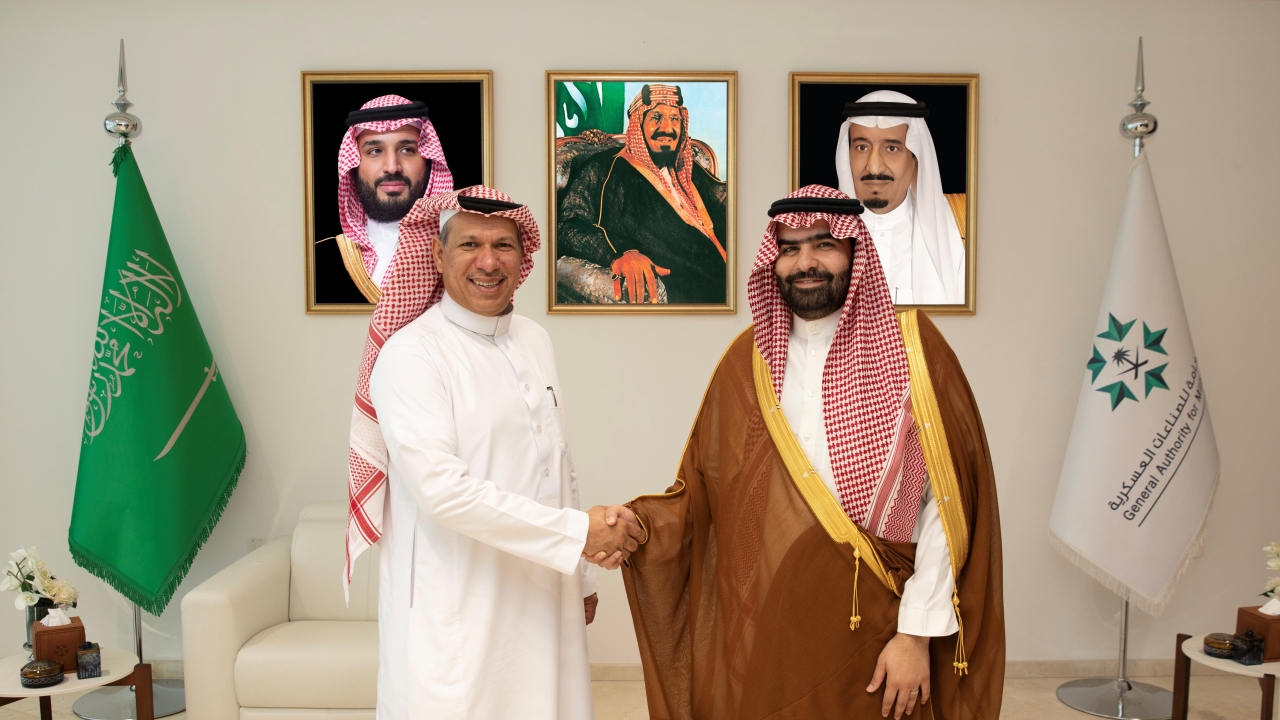Iraq trains its focus inwards
The Iraq Air Force is aiming to decrease its overseas training requirements.
It aims to improve its ability to train its pilots and maintenance technicians while significantly reducing costs and also enhancing its ability to take over the sustainment of its aircraft and reducing its reliance on foreign partners.

The air force began to stand up its own training operation in 2007, assisted and advised by a coalition air forces training team within the US Air Forces Second Air Force, part of Air Education and Training Command.
Britain’s Royal Air Force also provided some assistance and a number of Iraqi officers completed their flying training at RAF Cranwell during 2009.
Iraq’s pilot training fleet currently consists of 12 Cessna 172 primary/elementary trainers (of 18 delivered), about 20 LASTA 95 tandem-seat piston-engined basic trainers, and 15 T-6A Texans used for advanced flying training. Three Cessna 208 Caravans are used for training transport and reconnaissance (ISR) pilots.
The Flying Training Wing is run by the Iraqi Air Force College and is split between two bases, with the Cessna 172s at Al Sahra/Tikrit (also known as Combat Operating Base Speicher) and the LASTA 95Ns and Beechcraft T-6As at Talil.
The Cessnas are assigned to the 201st Training Squadron (designated as the 52nd Expeditionary Flight Training Squadron until late 2009, and then as 1 Squadron until March 2011), the LASTA 95Ns to the 202nd Training Squadron and the T-6As to the 203rd (previously known as 2 and 3 Squadrons).
The 204th Squadron is expected to stand up at Tikrit with KAI T-50IQs, or perhaps with the recently ordered T-6Cs.
The US Defense Security Cooperation Agency (DSCA) has notified Congress of a potential $1.6 billion foreign military sale of pilot training, maintenance training and contractor logistical services support to the Iraq Air Force, to be delivered in-country for up to five years.
The sale will cover aircraft modifications, repairs and spare parts, publications, ferrying, and training base support, security, and construction.
Spartan College of Oklahoma will serve as the principal contractor.
Stay up to date
Subscribe to the free Times Aerospace newsletter and receive the latest content every week. We'll never share your email address.

